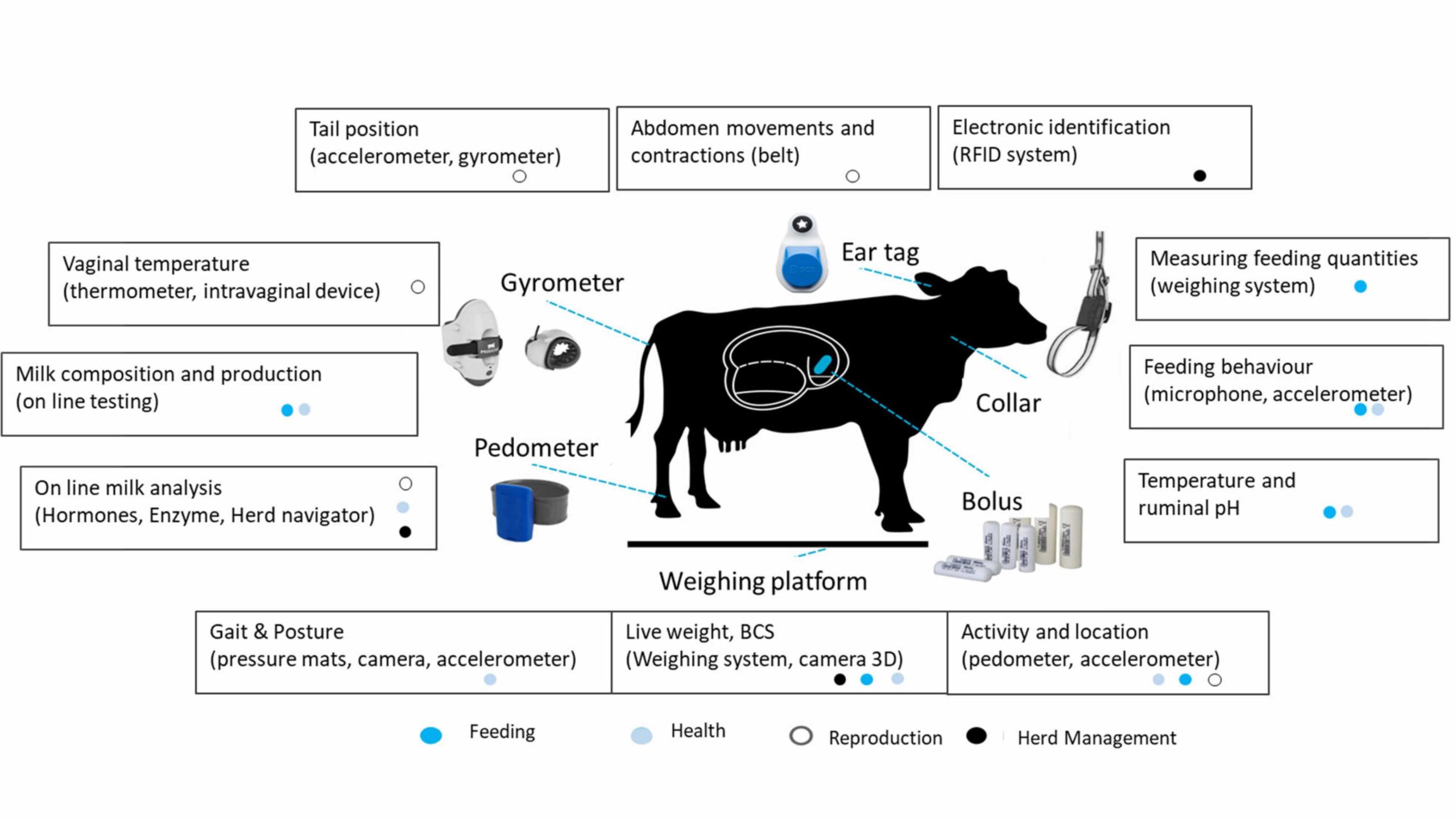The resort of Punta del Este in Uruguay, South America is famous for beautiful beaches and elegant casinos. This week, however, it became known for another reason: the world’s top researchers, thought leaders, and stakeholders are gathering there for the second Global Conference on Agricultural Research for Development (GCARD), to find ways together to best address the growing needs of resource-poor smallholder farmers.
The conference, organized by the Global Forum on Agricultural Research (GFAR) in association with CGIAR, a global agricultural research partnership of which IFPRI is a member, began on Monday and ran until Friday. It was a follow-up to the first GCARD, held in 2010, which laid out a roadmap for research needed to address poverty and hunger through agriculture. This week’s conference served as a check-in on progress: what changes have been made; what impact have we had?
IFPRI was deeply involved in the conference, sharing insights and research results.
In a talk titled “Illustrative cases: The value of different ways of envisioning our futures,”IFPRI Senior Research Fellow Jerry Nelson updated the attendees on the Global Futures project, which uses modeling to grow and test “virtual crops” to identify successful future innovations and investments. The project—a collaboration of economists, plant and animal breeders, physiologists, agronomists, and others from within CGIAR and beyond—focuses on regions most vulnerable to global changes and on the needs of rural poor and smallholder farmers. It also fits nicely with one of the two major themes of the conference: foresight.
Karen Brooks, director of the CGIAR Research Program on Policies, Institutions and Markets, spoke on partnerships, talking about creating enabling environments and policies necessary to turn innovations into market opportunities for smallholders.
In a session on sharing and using agricultural knowledge—another major priority for the conference—IFPRI Research Fellow Kristin Davis offered recommendations for a “new extensionist:” a strengthened system of rural farm advisers who are trained to respond to today’s challenges to smallholder production, such as climate change and natural resource scarcity.
Among the new IFPRI research released at GCARD was the ASTI Global Assessment of Agricultural R&D Spending, an analysis of spending in agricultural research and development covering trends from 1981 to 2008. The research found that global public investments in agricultural R&D have increased, but little of that spending can be attributed to the smaller, poorer, and technologically challenged countries that are most in need of agriculture-led economic growth. The report highlights the need for continued and scaled-up investments, particularly in the wake of the recent food and financial crises and climate change.







